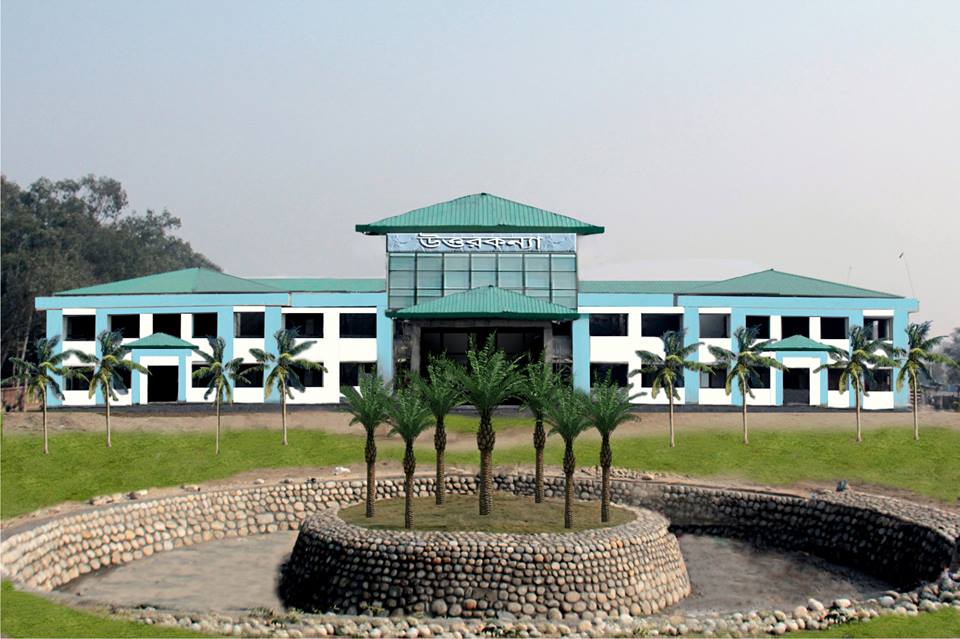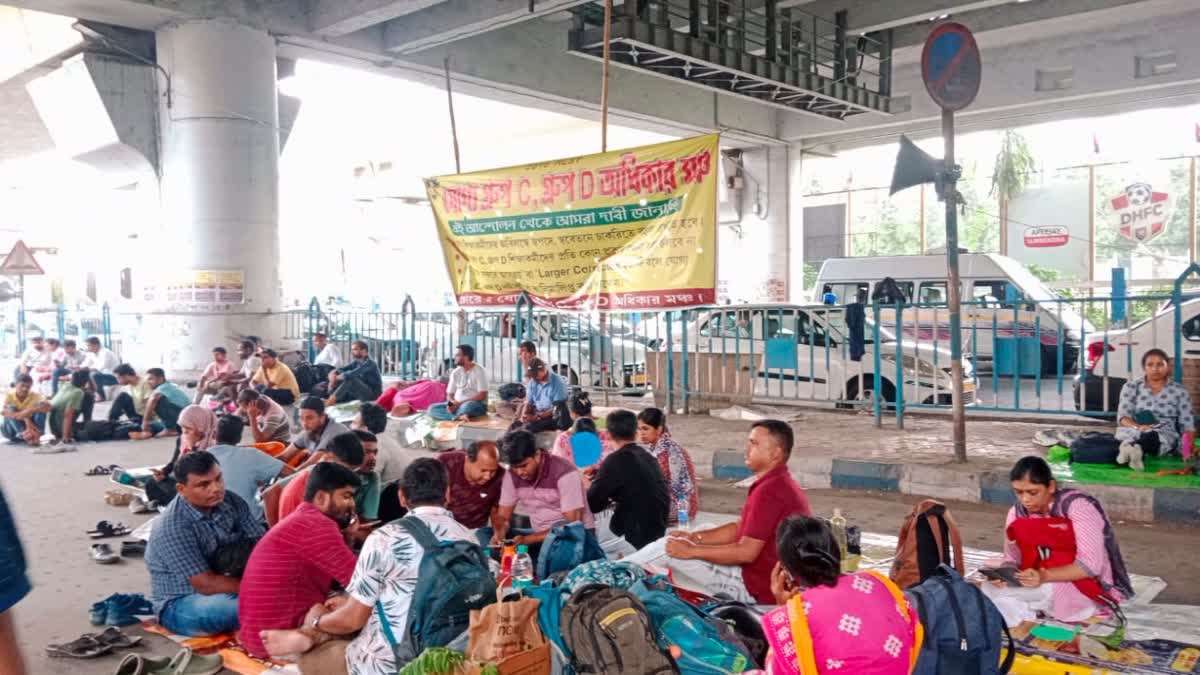SNS, SILIGURI, 22 MAY 2025 : During her three-day visit to Siliguri, Chief Minister Mamata Banerjee did not shy away from making sharp observations and taking firm decisions. While addressing various official programs, she revealed some uncomfortable truths and responded to multiple demands and controversies.
At an administrative meeting, the Chief Minister remarked, “I knew political leaders often engage in factionalism, but I wasn’t aware that such a culture existed within the police too.” She questioned the Superintendent of Police in Cooch Behar about why a senior officer had been sidelined at headquarters without any assignment. Expressing her dissatisfaction with the current state of policing, she said, “Officers no longer perform their duties as before. There was a time when they would dominate areas through regular patrolling.” Addressing Director General of Police Rajeev Kumar, she added, “My tongue is getting worn out repeating the same thing over and over again.”
In a key moment at the North Bengal Business Summit, Mamata Banerjee firmly rejected a demand by the Small Tea Growers Association to recognize small tea growers as ‘farmers’—a classification that would have allowed them access to agricultural subsidies. After briefly consulting Chief Secretary Manoj Pant, she responded with a clear ‘no,’ citing that tea cultivation falls under the Plantation Labour Act and does not qualify as agriculture. While some small tea planters have argued for this status due to ongoing financial losses in the industry, the CM’s stance received support from many in the audience. They pointed out that small tea growers already receive assistance from the Tea Board of India, and granting them additional agricultural benefits would lead to “double support.”
The Chief Minister also took strong exception to reports of steep municipal tax hikes, particularly in Cooch Behar. “Just because civic bodies are self-governing doesn’t mean they can impose taxes as they please. No tax increase is allowed without the state government’s approval,” she declared. She instructed the Chief Secretary to roll back any such increases, a move that has brought relief to the trading community in North Bengal.
Mamata Banerjee extended support to a protest by tea planters and real estate developers against the expansion of the eco-sensitive zone under the Mahananda Wildlife Sanctuary. At the same time, she instructed the Forest Department to ensure food availability for wild animals to prevent their intrusion into human settlements.
In a crucial development for the tea sector, the Chief Minister announced the setting up of a tea testing laboratory at the state borders to inspect teas imported from a neighboring country. She pointed out that substandard foreign teas, often disguised as Darjeeling tea, were damaging the brand’s international reputation. While the Commerce Ministry had flagged the issue, Banerjee acted on it herself, emphasizing the seriousness of the problem. The initiative is expected to bolster the ailing Darjeeling tea industry—central to North Bengal’s economy—by ensuring quality, boosting revenue, and creating employment, the TMC Chairman added.







